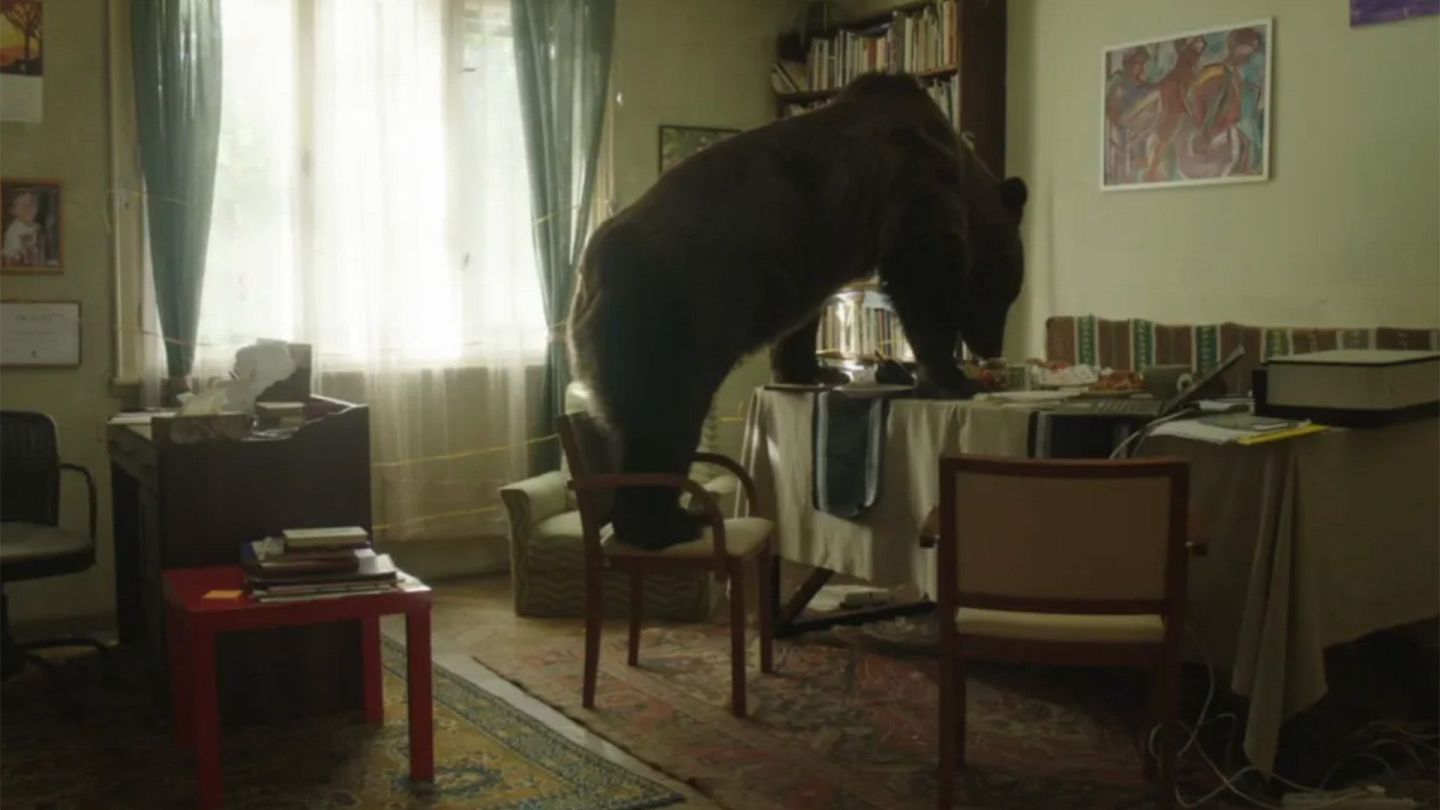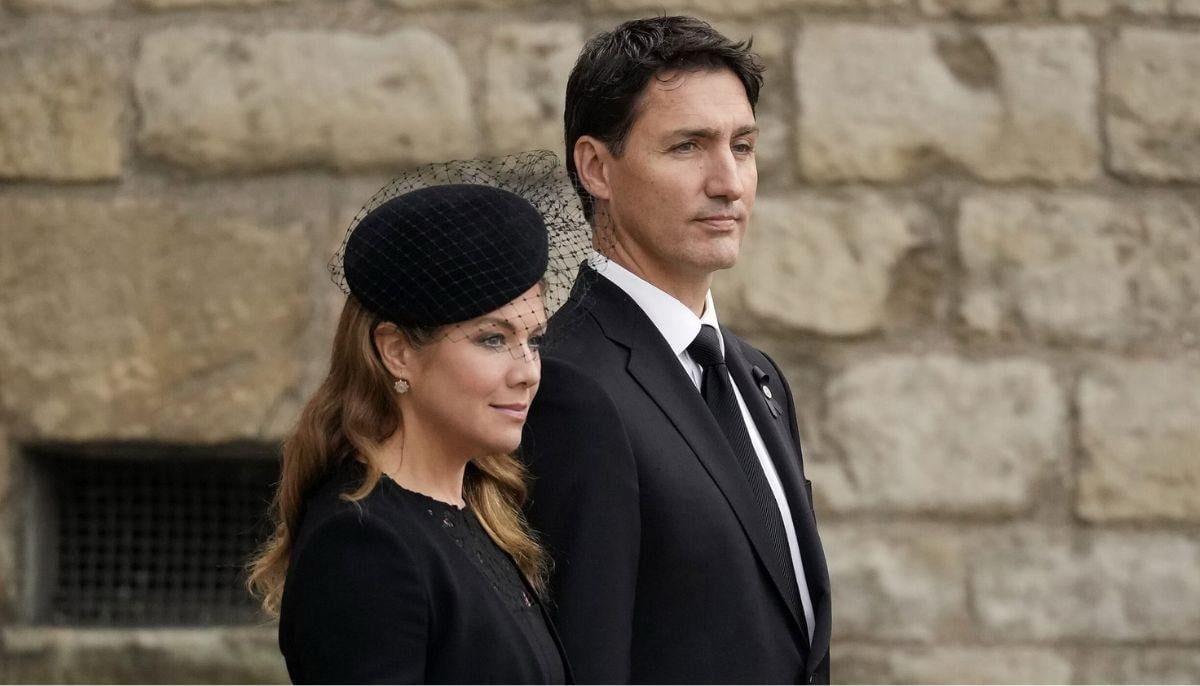Lionsgate’s “Now You See Me: Now You Don’t” swiped the top spot on global box office charts with $75.5 million. The film, which also took first place in the domestic marketplace, earned $54.2 million internationally from 64…
Category: 5. Entertainment
-

Miley Cyrus’ ‘Dream as One’ Voted Favorite Music This Week
“Dream as One,” the new single from Miley Cyrus featured on the Avatar: Fire and Ash soundtrack, tops this week’s fan-voted music poll.
Music fans voted in a poll published Friday (Nov. 14) on Billboard, choosing…
Continue Reading
-

Cancer, Bear, Motherhood Feature in Tallinn POFF Short Film Winners
The Tallinn Black Nights Film Festival has unveiled its first short film winners of its 29th edition at the Estonian fest’s PÖFF Shorts Award Ceremony.
The winners of the Shorts Live-Action, Animation and National Competitions will all…
Continue Reading
-

Jennifer Lawrence Says It’s ‘Scary’ Waiting for Reactions to Her Films
Jennifer Lawrence is opening up about her fears while waiting for the release of a movie she’s worked really hard on.
The Oscar-winning actress, who stars opposite Robert Pattinson in director Lynne Ramsay‘s new movie, Die My Love,…
Continue Reading
-

AO LIVE Opening Week: Hot Chip, Elderbrook, Cassian and The Presets
AO LIVE Opening Week features:
Hot Chip [LIVE] – Tuesday 13 January 2026 – 5:30pm
+ Milo Eastwood and O HoneyThe much loved British synth-pop outfit returns to celebrate their new Best Of album, Joy in Repetition —…
Continue Reading
-

Sophie Gregoire reacts to Justin Trudeau, Katy Perry romance
Sophie Gregoire has spoken about how she is handling her ex-husband Justin Trudeau’s…
Continue Reading
-

Demi Moore’s Floral Erdem Gown Breaks From Her Dark Glamour Streak
Demi Moore broke from her dark glamour run on Sunday, arriving at the “Landman” Season Two U.K. premiere in a pale, heavily worked Erdem dress. The actress attended the screening at London’s Cineworld Leicester Square in…
Continue Reading
-

Prince William, Kate Middleton’s engagement changed monarchy forever
Prince William, Kate’s 2010 proposal set the stage for their royal future Prince William and Kate Middleton are marking 15 years since their engagement, a moment that set the stage for their future as King and…
Continue Reading
-
The request could not be satisfied
ERROR: The request could not be satisfied
The request could not be satisfied.
Request blocked.
We can’t connect to the server for this app or website at this time. There might be too much traffic or a configuration error. Try again later, or…Continue Reading
-

Original ‘Naked Gun’ Director Slams Liam Neeson-Led Reboot
David Zucker, who helmed the first two Naked Gun films, wasn’t the biggest fan of the reboot, starring Liam Neeson and Pamela Anderson.
During a recent interview with Woman’s World, the filmmaker claimed the new film, The Naked Gun,…
Continue Reading
